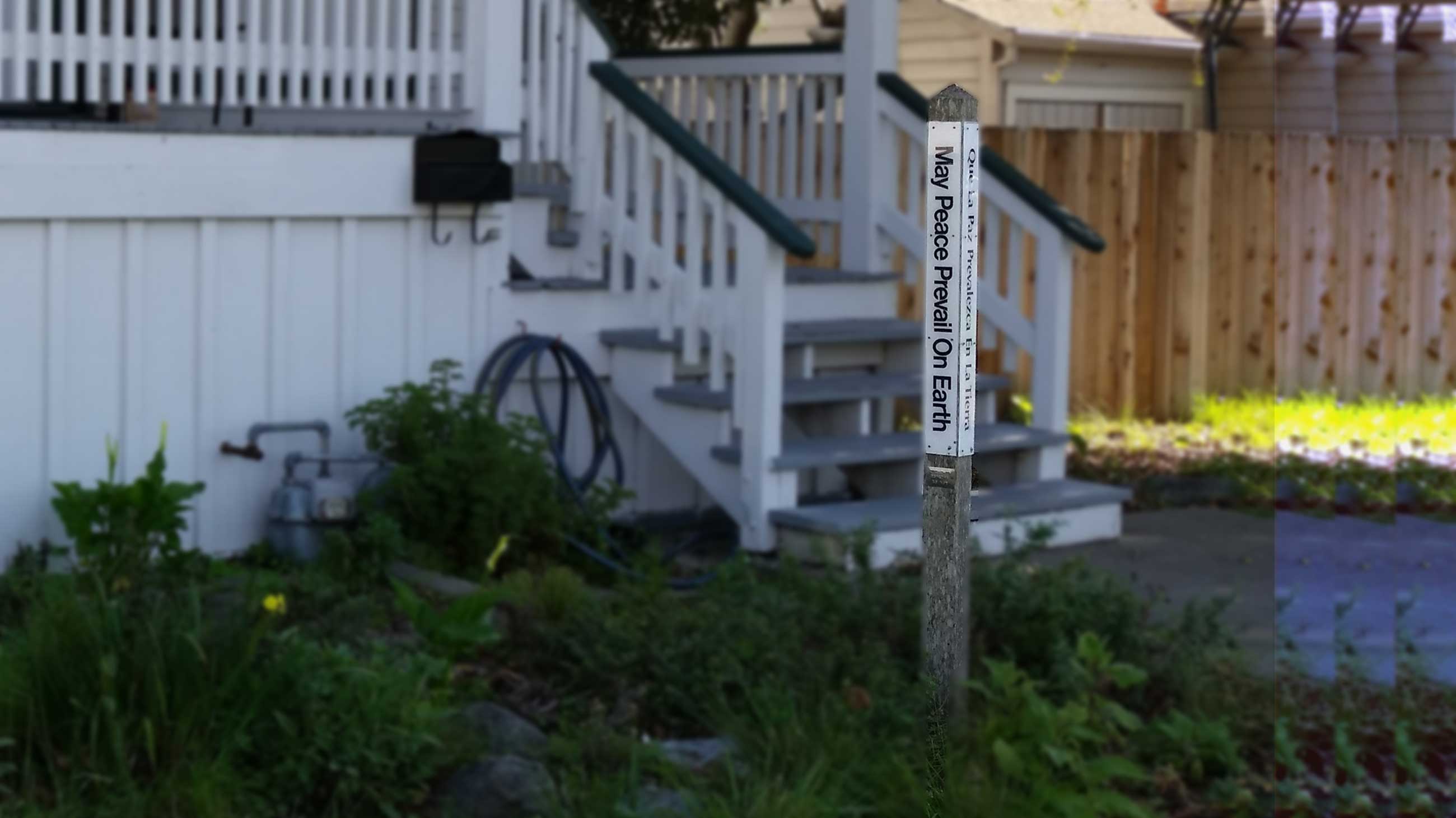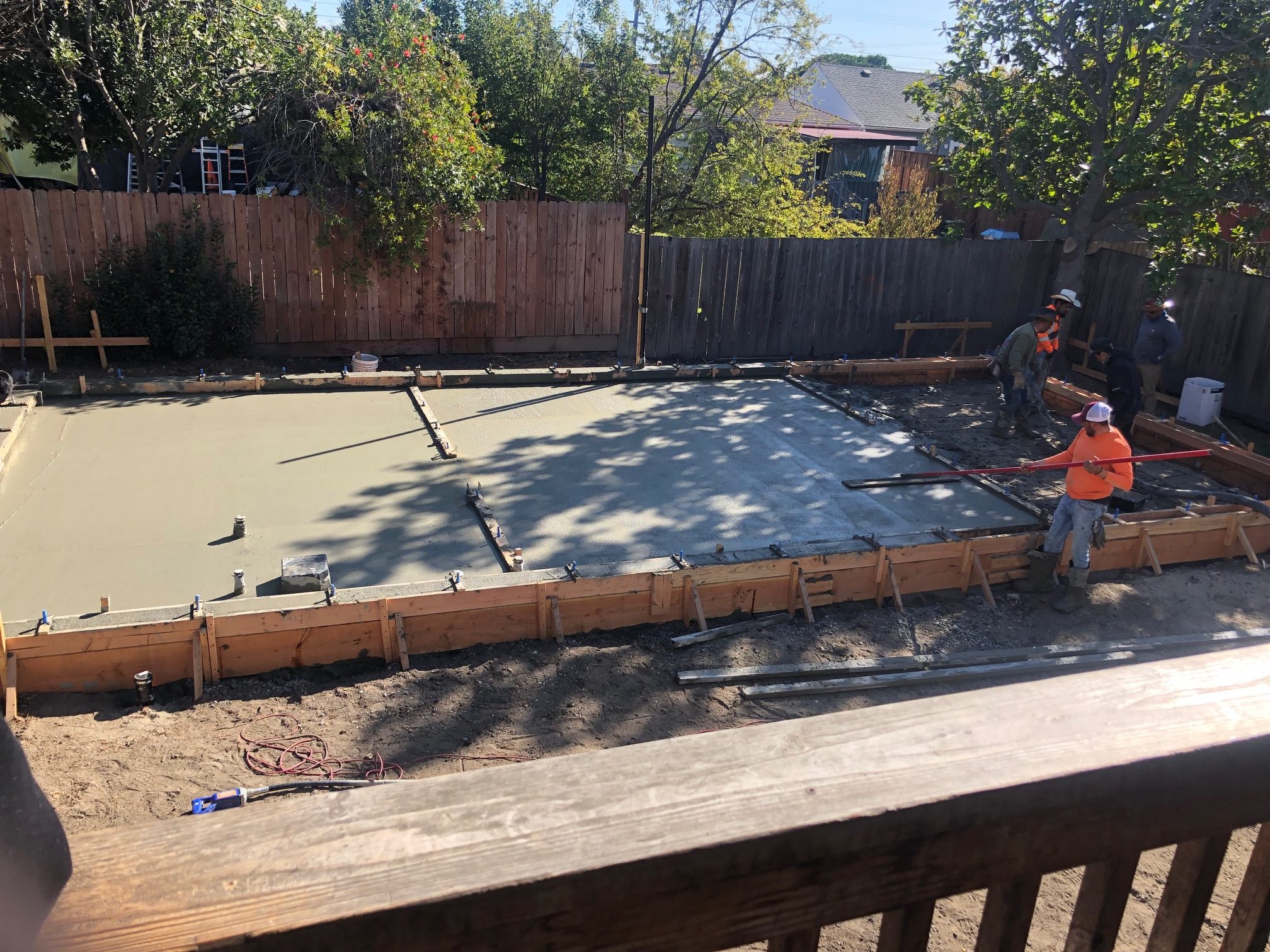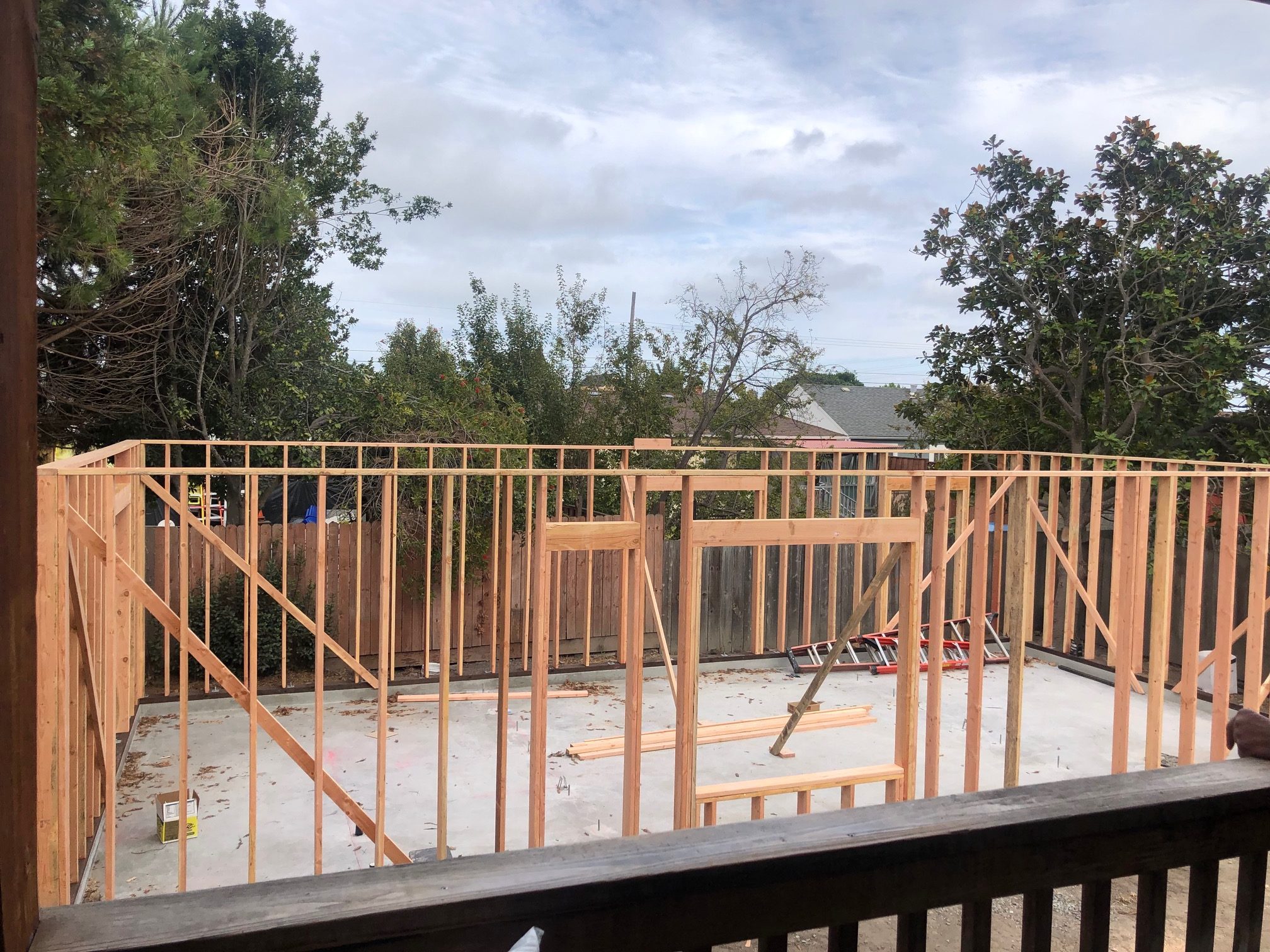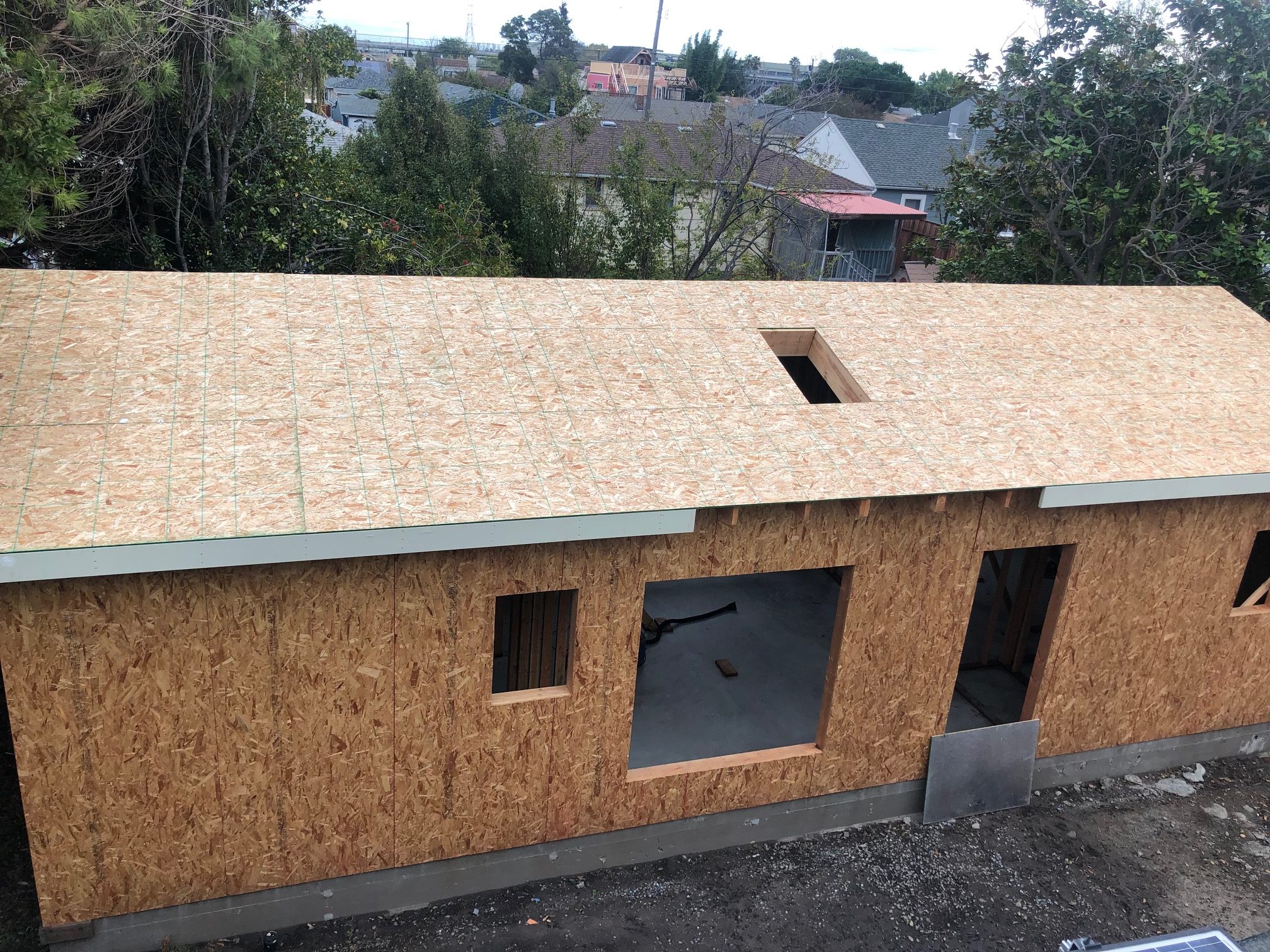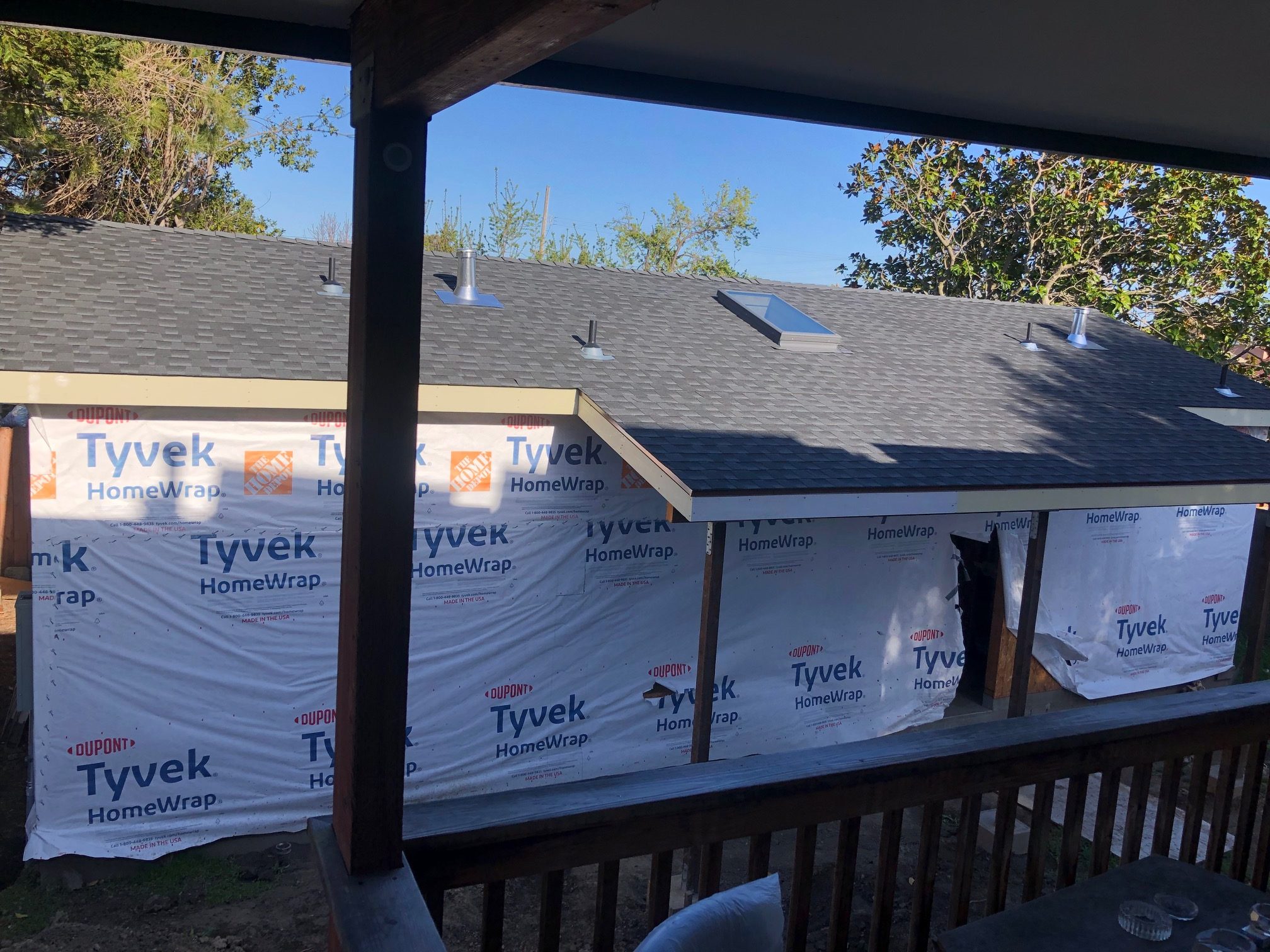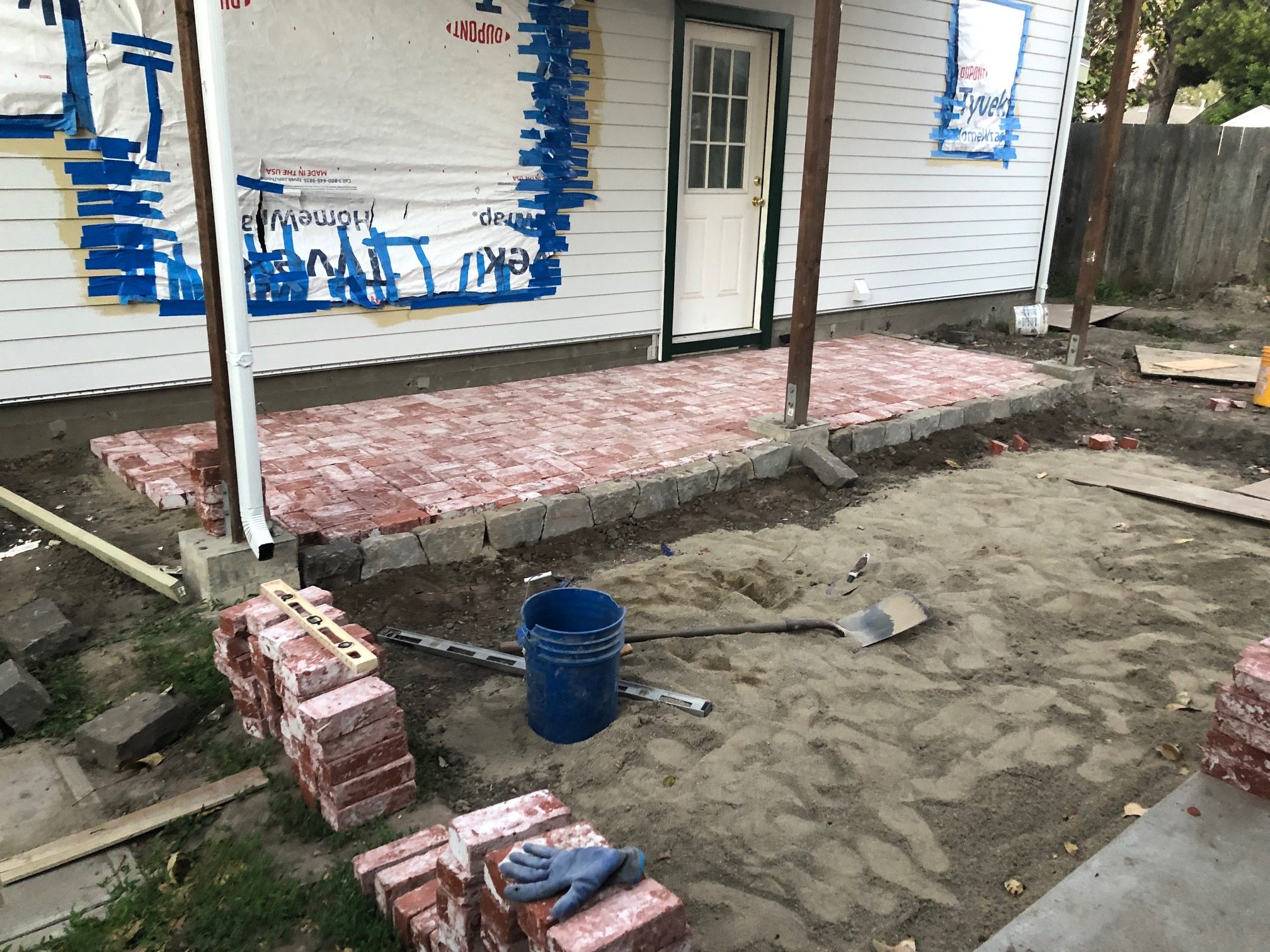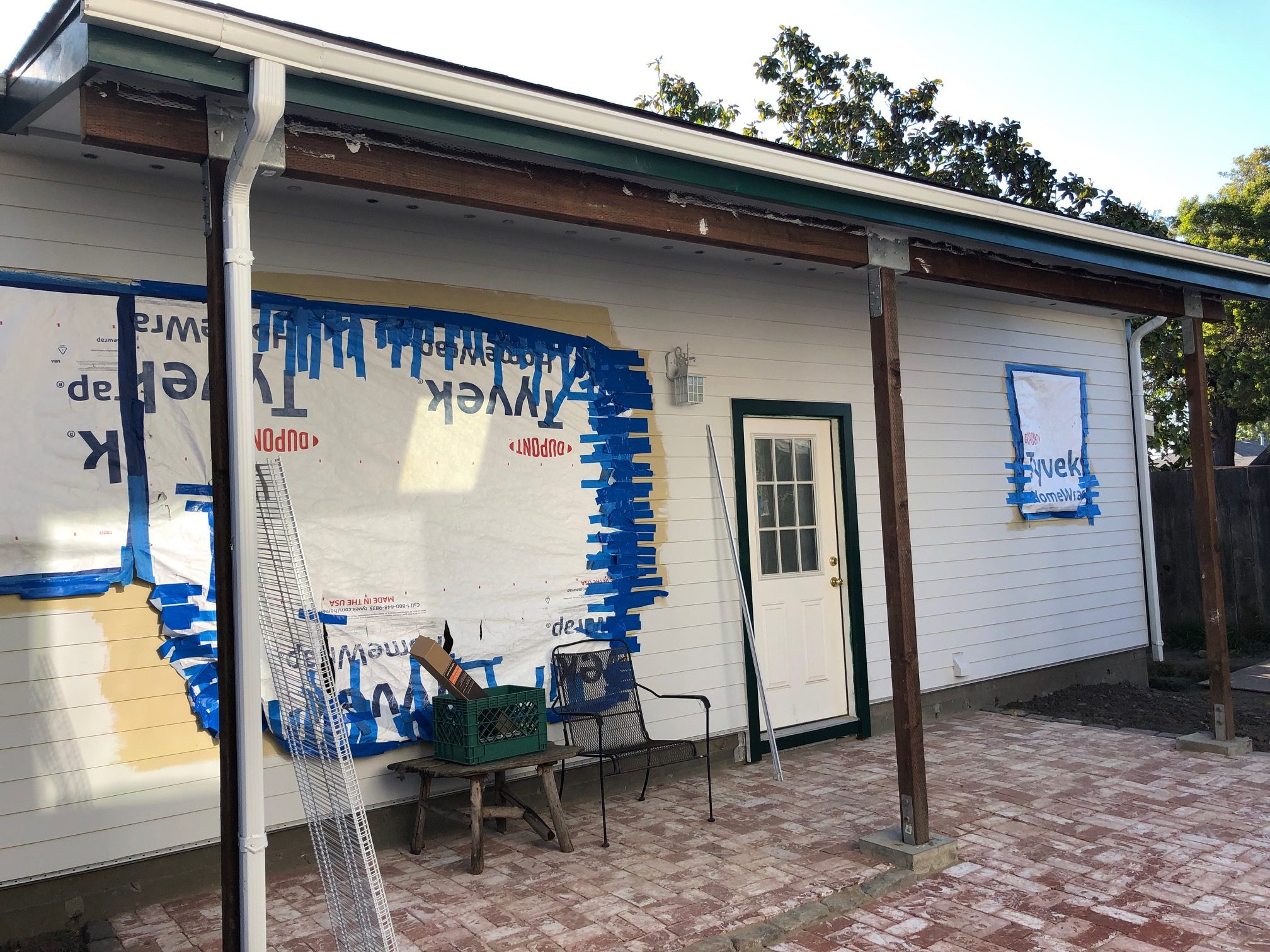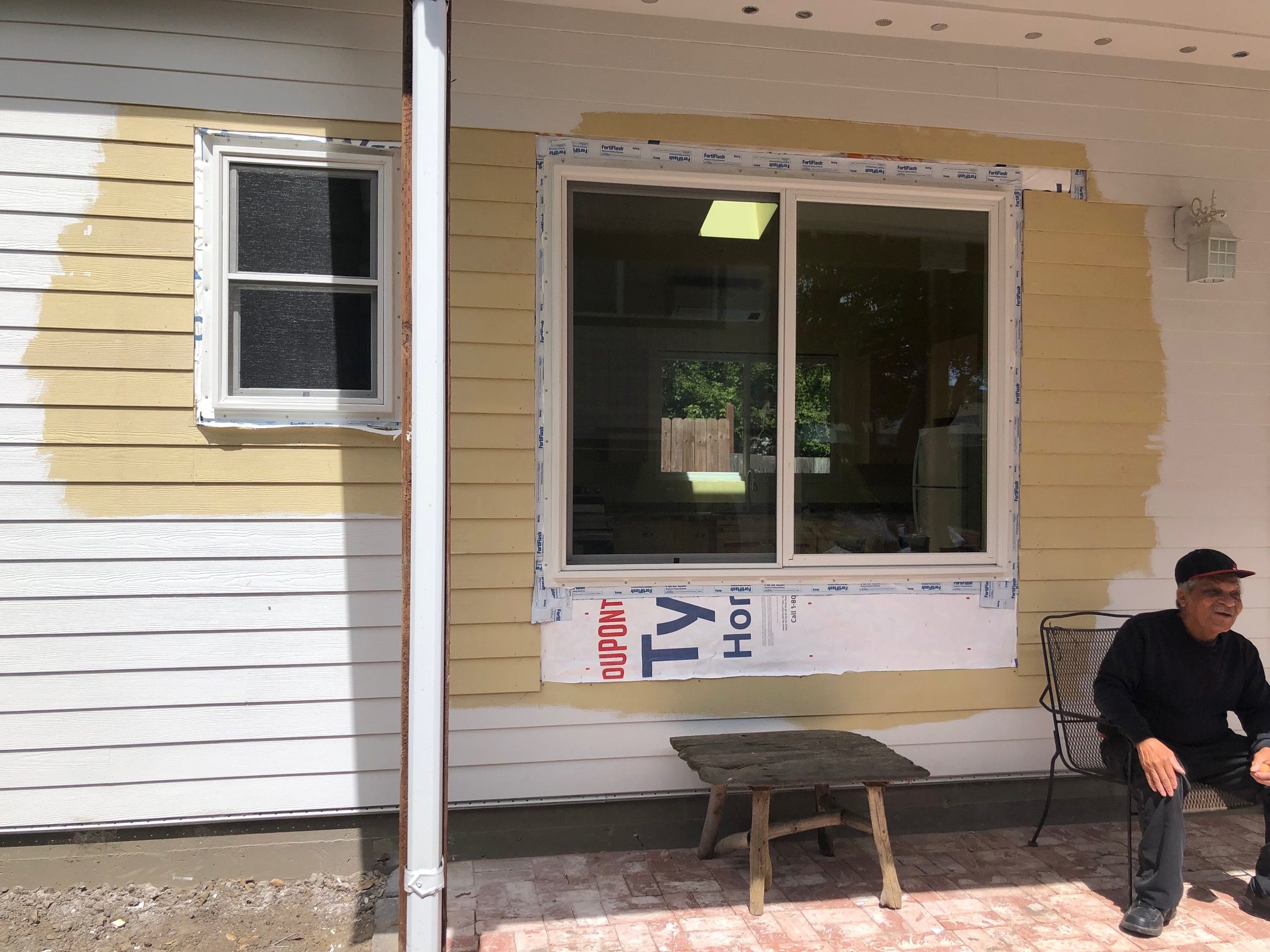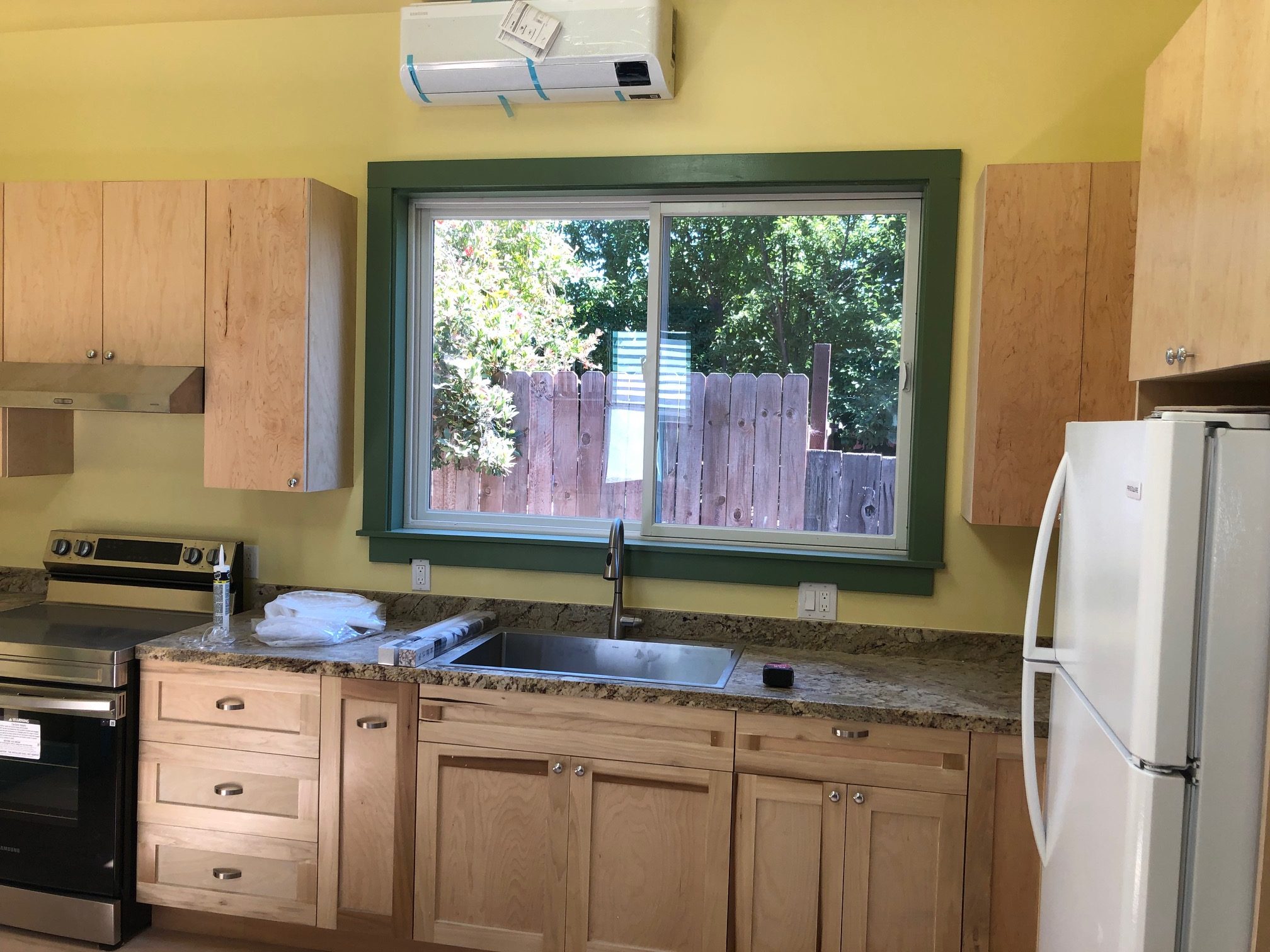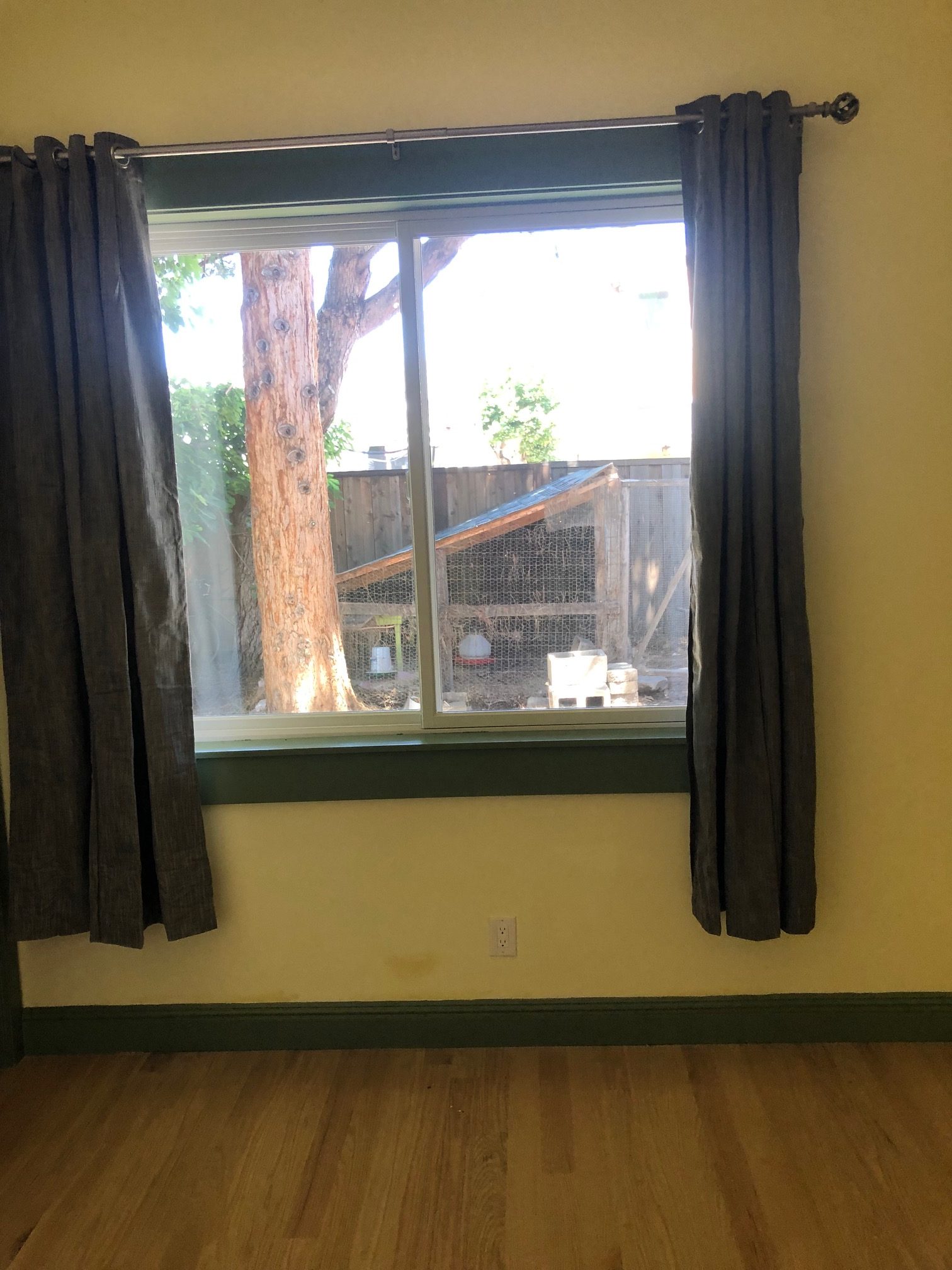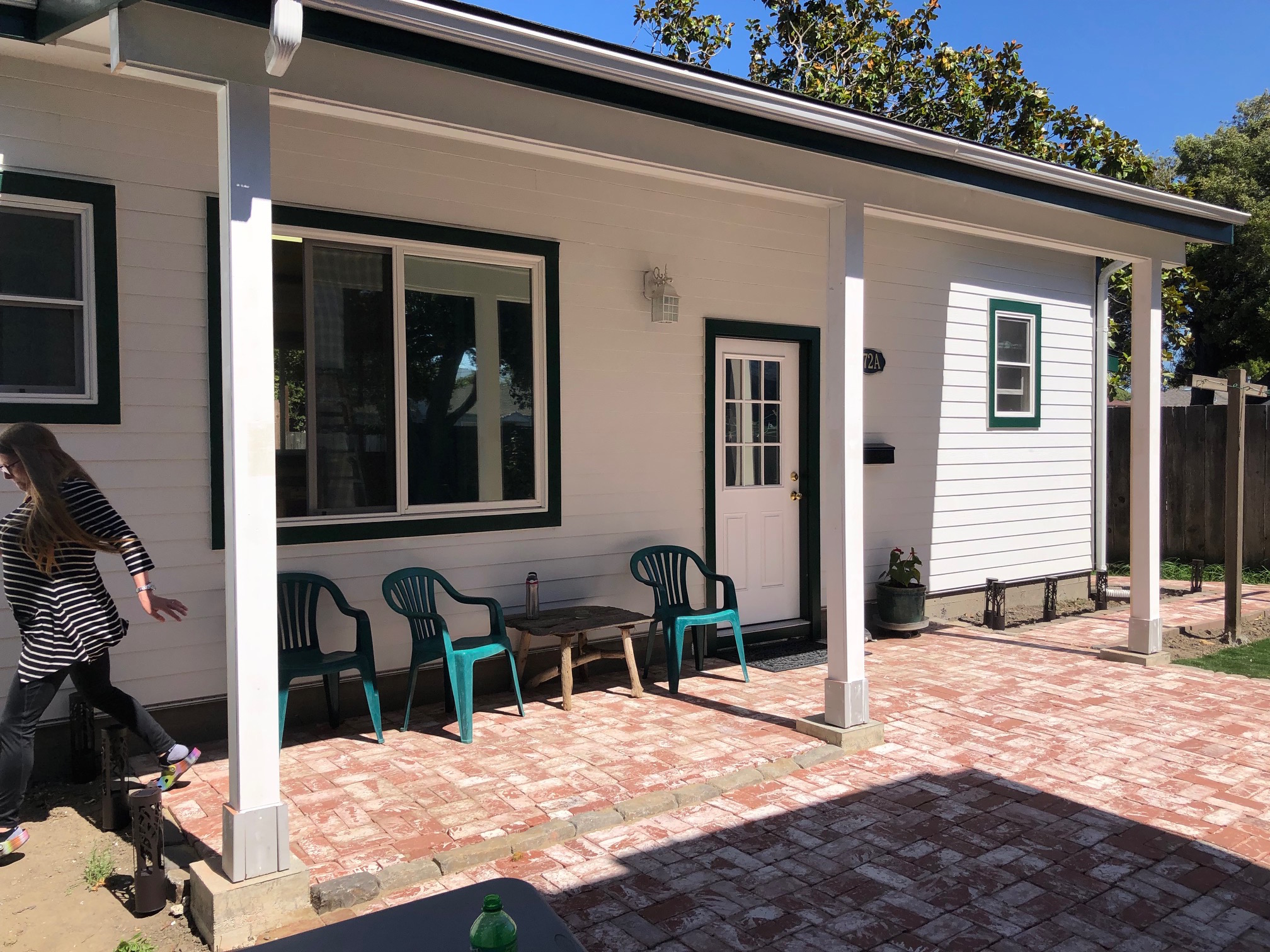Dear Friends,
On a Monday morning in early February I returned to our Second Ave house to find Mike waiting for me on the front porch. “I think we have a problem inside,” Mike said. “Oh, no, is it Roger?” I responded. It was an obvious deduction as Roger had recently returned home after a stint in the hospital and rehab (I wrote about him in our last newsletter) and wasn’t doing well. “No, it’s Howard.” So I quickly went into Howard’s room to check on his condition and found he was dead. Apparently, he had died of a stroke or heart failure over the weekend.
Howard was a beloved figure at the house. He lived at the house for close to five years and had been a shelter guest off and on for a couple of years before that. Shortly after moving into the house he took over the job of washing the two to four loads of towels from the dining room and shelter every day. The last two years he was part of the shelter staff, working the overnight shift one night a week and covering other shifts as needed. There were times I felt like we were taking advantage of an elderly man (Howard was 81 when he died), but in talking with his daughters they told me how much he loved working at the shelter and doing the laundry as it gave meaning and structure to his life. And as a retired electrician we regularly turned to Howard when we needed help with an electrical issue. Despite all he did around the house and the shelter, Howard was not beloved for the work he did, but because of the person he was: kind, generous, easy-going, and a pleasure to be around. He embodied all the stereotypes of the Jamaican immigrant that he was: hard working, joyful, and possessing a hard to understand accent.
While Howard’s death is obviously sad and we continue to mourn his loss, we are able to joyfully reflect on his time with us. At Catholic Worker Hospitality House he found a stable home and a community of friends; he had a meaningful life in the service he provided at the shelter; the stability he found also made it easier for him to reconnect with his family; and in the end he had a quick and peaceful passing. Clearly this is “successful” hospitality if there ever was.
At the heart of the Catholic Worker Movement is the daily practice of the Works of Mercy. We daily “feed the hungry, shelter the homeless, clothe the naked, and give drink to the hungry” at our dining room, shelter, and affordable housing units. But we don’t often have the opportunity to “bury the dead,” but with the passing of Howard we had that opportunity. Since Howard’s death I’ve been reflecting on the question of what it means to “bury the dead?” The most literal meaning is to put the dead body in the ground and have a funeral service. But in practice it means so much more.
After finding Howard’s body I called 911. Over the next few hours, I was present to answer questions as the police arrived, followed by fire department EMTs, the coroner, and finally representatives from a funeral home. Later in the day I started receiving calls from his daughters. They wanted to know what had happened and started making funeral plans. A week later his daughter Shelley came into town (she lives in New York City) to gather meaningful personal effects of her father and help with cleaning the room. While Howard had contact with his family, there had been periods with little to no contact between them. So she also wanted to talk with me about her father – his health before he died and what his life had been like at the house. I realized this was another aspect of “burying the dead.” The family seeks comfort in photos, possessions, and stories of their loved ones; and that is something we are able to provide.
While the family had plans for a funeral service in New York, where most of them live, we wanted to memorialize him as well. So a couple of weeks later we held our own memorial service for him at the house that included shelter guests and residents of the house. We all enjoyed sharing stories about Howard, reading scripture, and afterwards sharing a pizza lunch. It helped to bring closure and to bring us closer together.
But “burying the dead” didn’t end there. While the family took some valued possessions of Howard’s and started the process of cleaning his room, it was left to me to finish clearing and cleaning his room in preparation of a new person moving into the room. Usually when someone moves out it’s a fairly simple process: clear and clean the room, then move in the next resident. this time it was a bit more complicated. I felt it important to move Roger into Howard’s old room, as it was closer to the bathroom and smoking porch and, more importantly, didn’t have any steps asRoger can barely walk. So after clearing and cleaning Howard’s room we had the “joy” of also moving, clearing, cleaning, and painting Roger’s old room. After moving Roger we then moved Jane and Bill, a couple that lived upstairs, into Roger’s old room as it gave them more space. Finally, I could move a new resident into their old room. PHEW!
As this story shows the practice of the Works of Mercy, while usually listed separately, are in reality often combined. Not only were we “burying the dead” (Howard), but caring for the sick (Roger), and housing the homeless (maintaining and preparing rooms for old and new residents).
We are so blessed at Catholic Worker Hospitality House in our work of daily practicing the Works of Mercy. We touch other people’s lives and they touch ours. Even in death there is much life. And in the process we are able to live out and spread the Love of God in the world, not with words but by our actions. But we do not do this alone, we thank you for all your help in making this possible and hope that you will continue helping and joining us in the daily practice of the Works of Mercy.
In Christ’s Peace,
Peter Stiehler
For all of us at
Catholic Worker Hospitality House
Addendum
As I was about to mail out this letter we experienced another death at Catholic Worker Hospitality House. On a Thursday evening Gary, a long-time dining room guest died just outside the shelter. Debbie, who was working the shelter that night, had been informed by another guest that Gary was sitting in the plaza of St. Bruno’s Church and looking quite ill. She went out to check on him. He refused her offer to call an ambulance, but did ask for food, which she brought. When I stopped by 20 minutes later to check on him he was dead. The above letter talked about what a “nice” death Howard had; Gary’s on the other hand was tragic. He was over thirty years younger than Howard, had clearly just been released from the hospital (he was wearing scrubs and had a hospital wristband), and there was an empty vodka bottle next to him. Gary had long struggled with his alcohol use and it finally caught up to him. Please join us in keeping Gary in our prayers.


